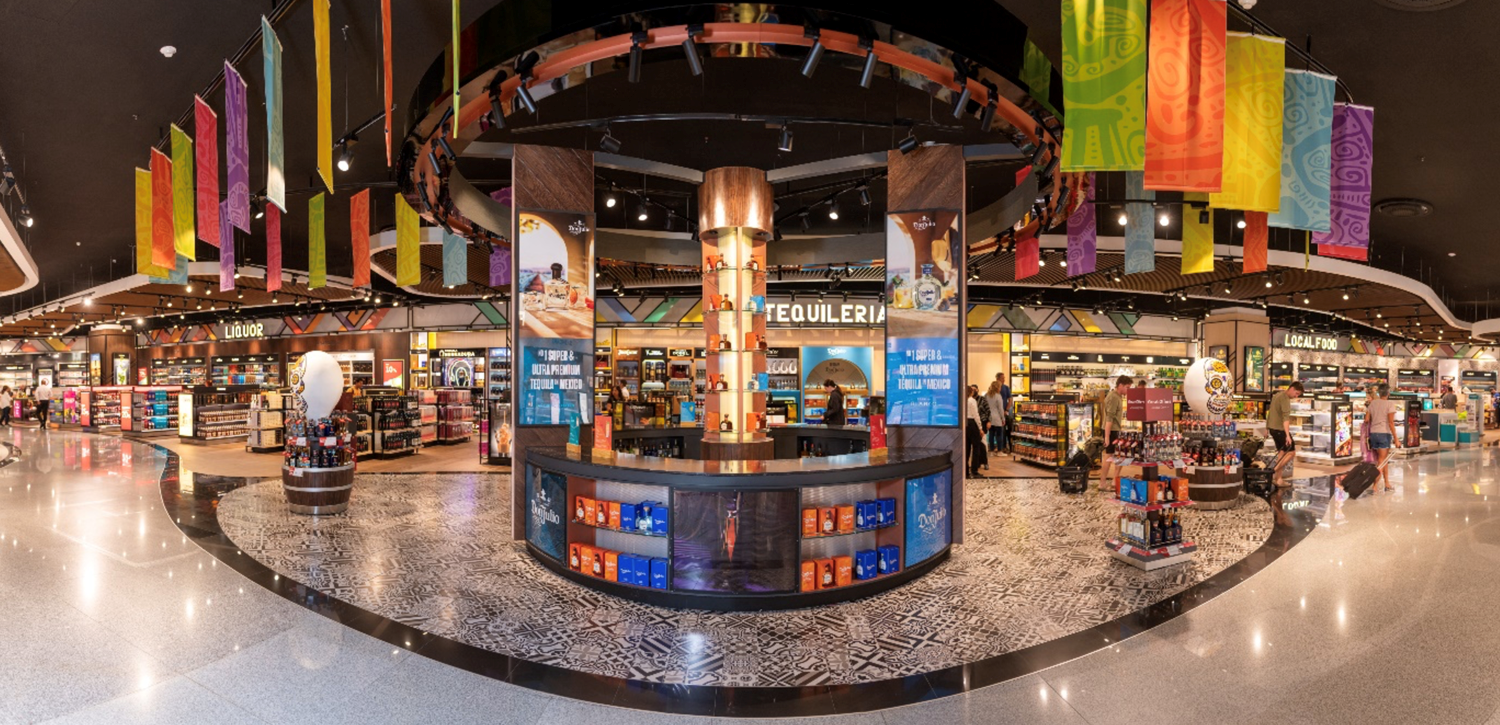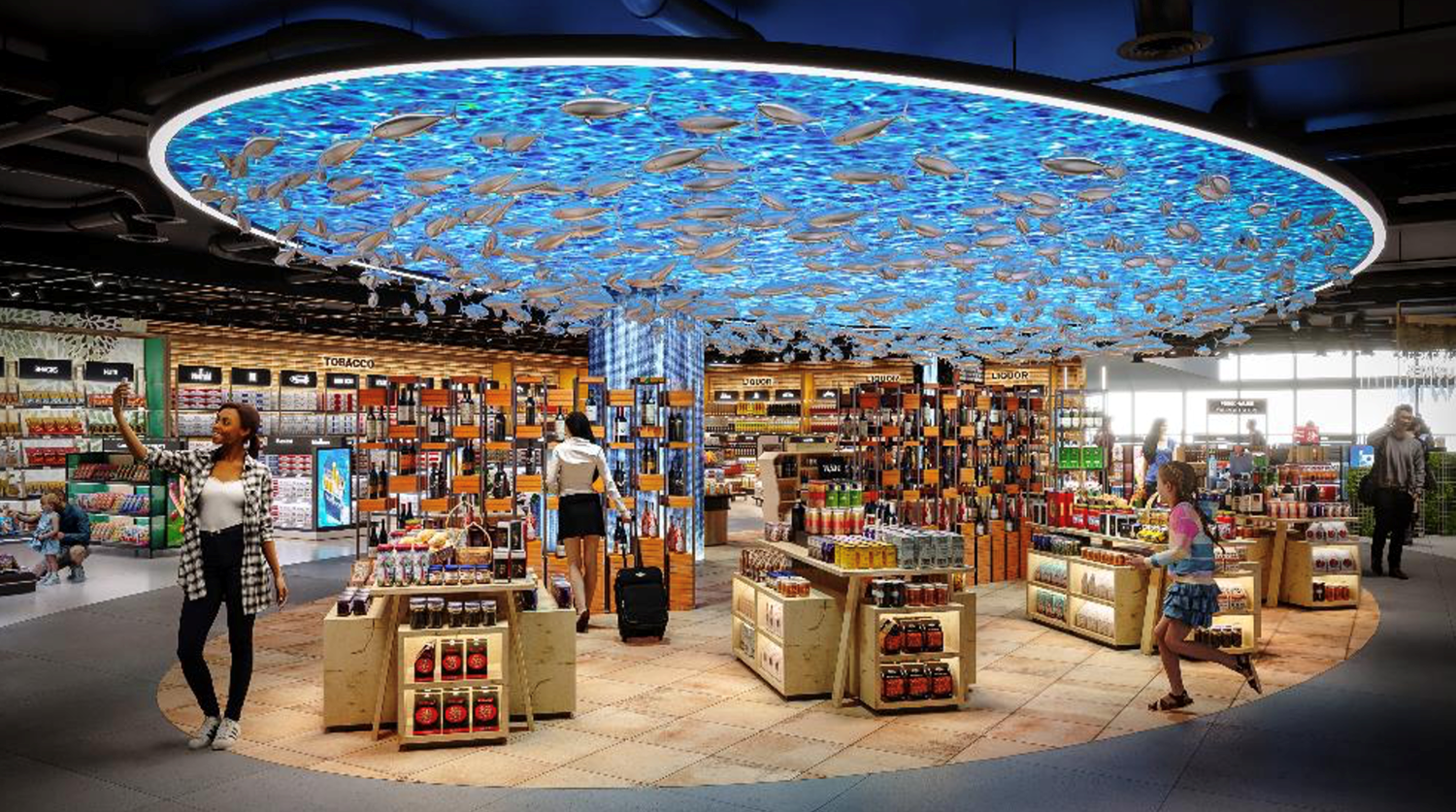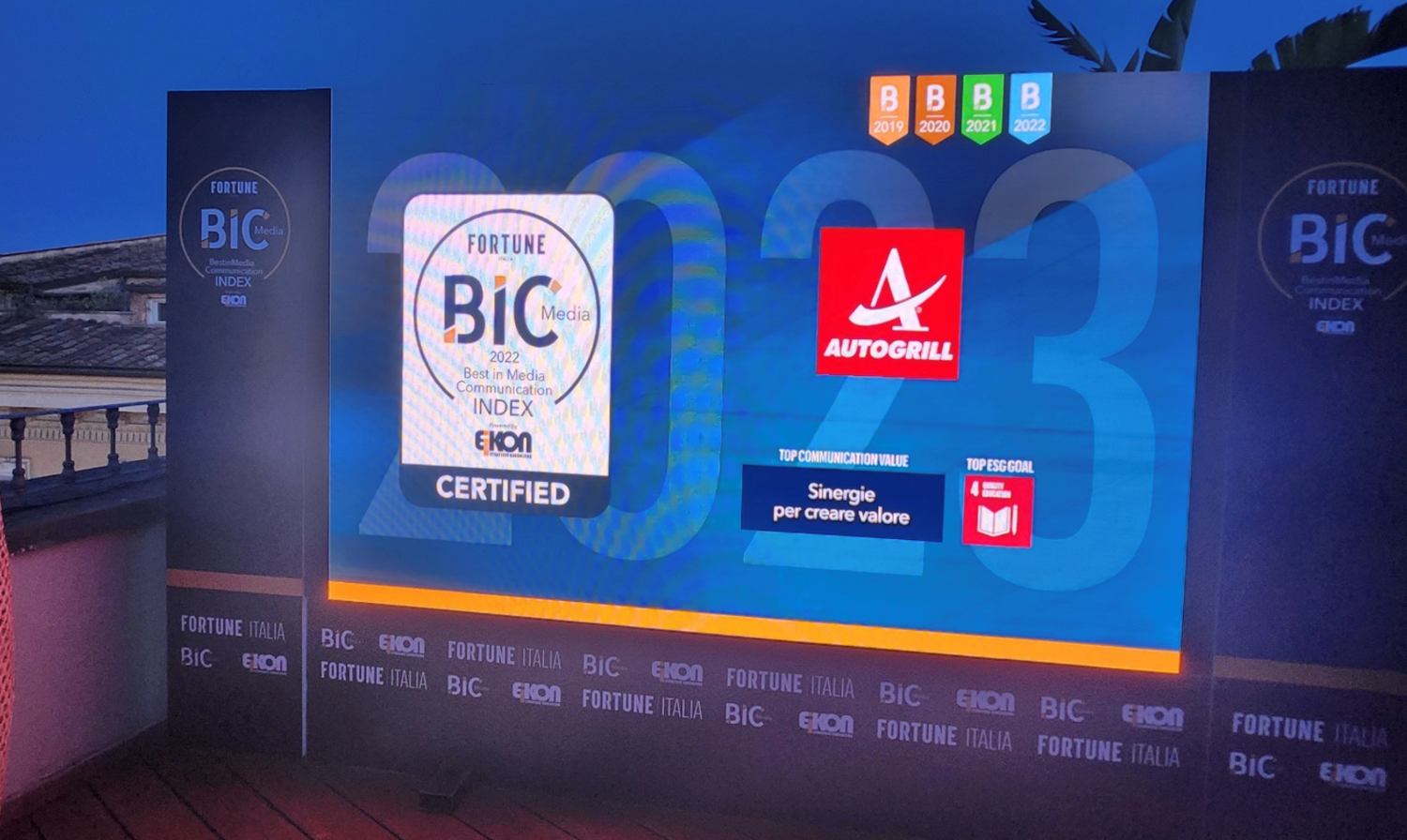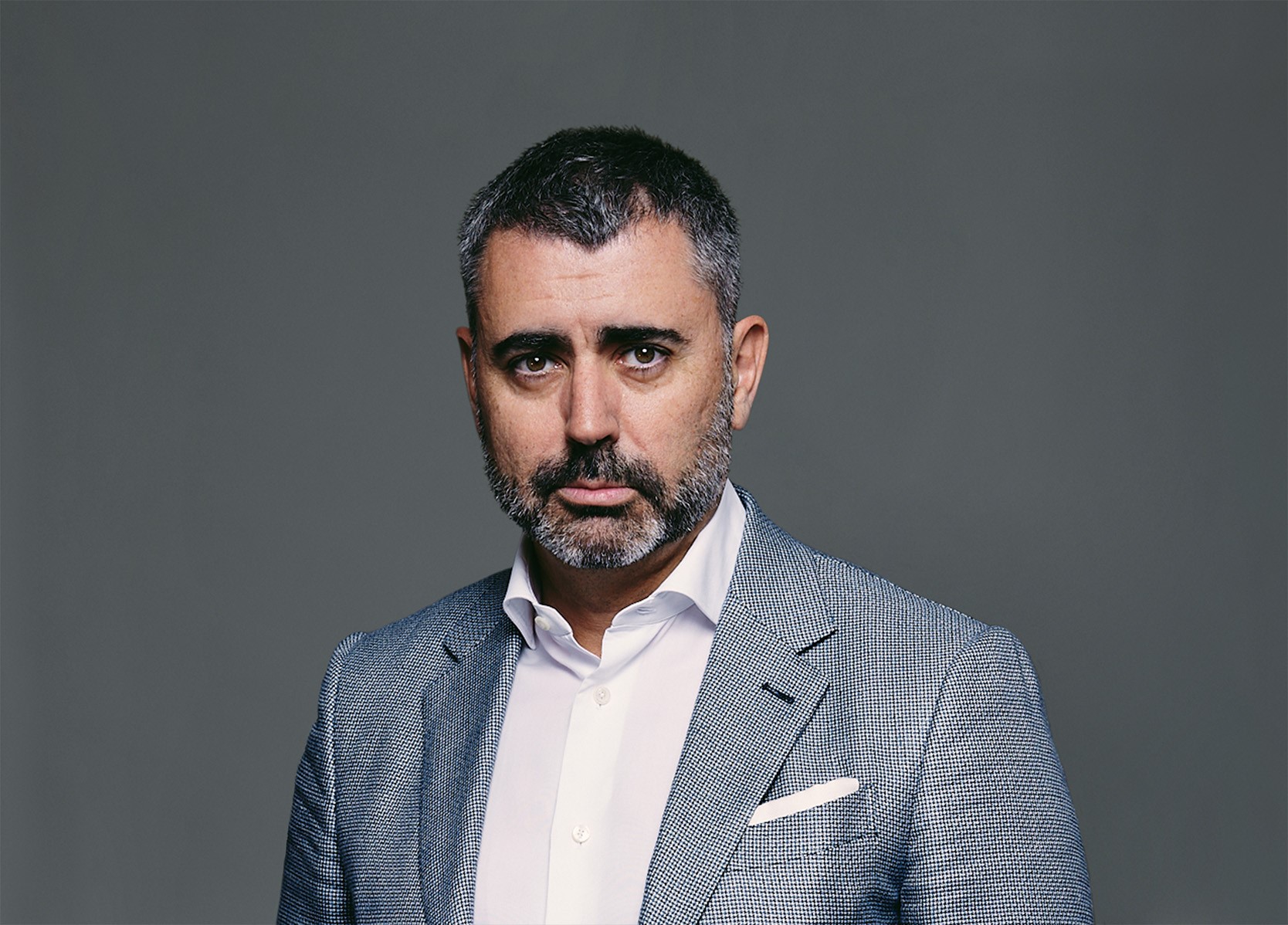Issue 42 - March 2022
To Serve and Protect
)
Miguel Ángel Iglesias, Chief Compliance Officer, is relatively new to Dufry, but not to the retail industry. With a long history in retail distribution, he leads an area that is critical to the reputation and corporate governance of our company. A very family oriented person who enjoys escapes to the north of Spain and good food with family and friends.
By Jorge Muñiz
Can you briefly explain the role of the compliance function and how it is structured at Dufry?
The main mission of the Compliance function is to transform compliance from a mere administrative and bureaucratic task into an element that brings added value to the company.
And this is only possible by building a business culture of integrity and ethical behavior that is built with awareness, training and collaboration across all levels of the company. In fact, the motto of our function is Compliance starts with "C" and ends with you.
The Compliance function has three fundamental pillars:
- Rigorous and strong corporate governance that complies with international standards and best market practices.
- Proper risk management, which involves the correct identification of risks – understanding their real impact on Dufry's business – and the establishment of plans for their management.
- Fraud prevention and detection, regulating what is strictly necessary, training and establishing simple and accessible communication mechanisms for all the company's stakeholders through which unethical behavior can be reported.
Could we say that you are Dufry's internal police?
Not at all! I don't think we are Dufry's internal police. While we share their mission of serving and protecting, our duty is proactive rather than reactive. I am a firm believer my department must render preventive counseling and have a service-mindset in its mission to support operations, and in developing responsible and ethical leaders.
This does not mean that we do not sometimes have to carry out surveillance and control of certain unethical behaviors that have no place in this organization.
However, I insist that our work must be proactive. I believe that training is fundamental because it allows us to shape the behaviors and ways of acting that we expect from our employees. In our day-to-day lives, in the different areas of our work, we all face situations that may raise doubts. There are certain questions that we must ask ourselves at that moment: is what I am doing sustainable in the long term? Is it ethical? Is it good for the customers and rest of stakeholders? And, if I have ethical doubts that my line manager may not be able to answer, who do I turn to?
It is this approach that we want to imbue in Dufry's culture.
Reputation is a key element in a concession industry like ours. How does Compliance contribute to building that corporate reputation?
In an industry like ours, where the differentiating aspects between the proposals of one company and another hardly show any differences, Compliance can be a differentiating element and therefore a lever for generating added value.
There are more and more non-financial or technical elements that weigh in the decisions of airports, brands, investors and employees. Just as there are analysts who value financial and business performance, there are analysts – with increasing importance – who value other factors, encompassed under the acronym ESG (Environment, Social and Corporate Governance) and whose assessments of non-financial performance weigh in decision-making processes.
A strong compliance culture impacts corporate reputation; is critical to attract and retain talent; and reduces a company's risk profile and exposure to litigation.
Who are Compliance's main stakeholders? What is the relationship like?
All of Dufry. Although the relationship is closer with the operations managers and with certain global functions of the company: Human Resources, Legal, Finance, Sustainability (ESG) and of course with Internal Audit for its surveillance and control work.
Isn't compliance a function of the legal department?
It should not be seen as a sub-function of legal. There are of course many synergies between one team and the other, but a good compliance team must have autonomy and independence to be able to do its job well.
You come to Dufry after a great track record – including the recent award for the best score in the Compliance Certification exams. What is the development plan for the function?
A lot of good work has been done, both in terms of structure and resources, as well as training and communication tools. The work carried out by Tobias Meyer and Alex Soto, as well as Karina Adriani and Solange Zanotti, is fantastic and has laid very firm foundations in the company.
We are currently working on redefining the Compliance model we want. Tailor-made for Dufry it will define the main roles and action plans in the short and medium term.
We are also working on reaching out more and in better ways to all Dufry employees. And we will leverage the tools that Dufry already has at its disposal, such as Beekeeper, which, due to its capillarity, will allow us to reach more people and in a more efficient way.
In a minute:
A meal: Paella, Spanish omelette, Iberian ham… I´m a good eater.
A book: I like historical novels. If I have to choose one: The Pillars of the Earth, by Ken Follet.
A city: Two. Istanbul and Florence.
A film: A classic: Alfred Hitchcock´s North by Northwest.
A hobby: Puzzles and street markets where you can buy vintage things and antiques.
A leader: Nelson Mandela.
An airport: Adolfo Suárez Madrid Barajas. Always happy to be back home.





